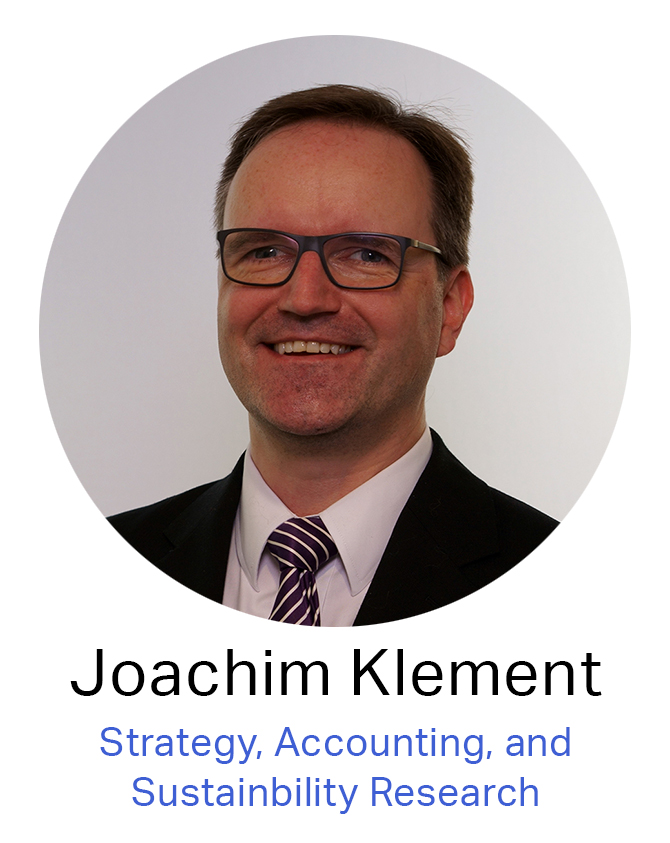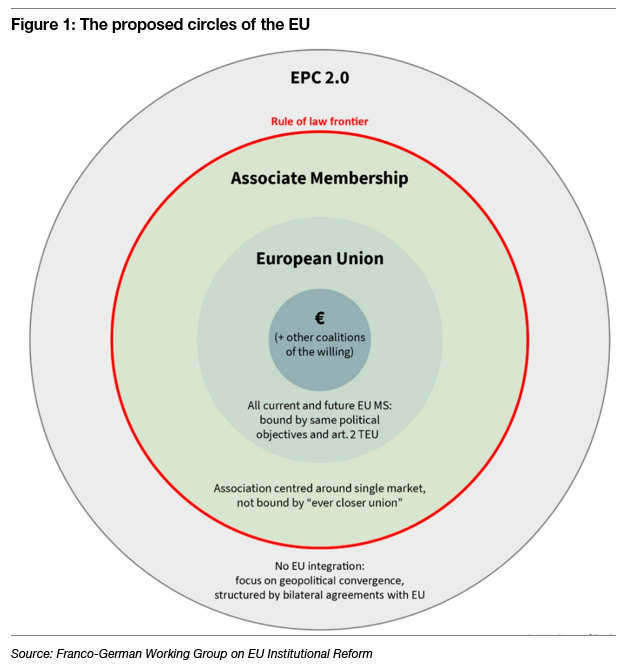Thought of the Week – I hope this is going somewhere
Two days ago, I took the train home from work, checked the news, and found out that people in France and Germany are starting to talk sense about the EU. A joint Franco-German working group presented ideas for a deep institutional reform of the European Union.

There is a lot to unpack in this document, but I want to caution readers that this is just a discussion paper. Most of the changes proposed in the document need changes in the EU’s foundational document, the Treaty on the European Union (aka Treaty of Lisbon). And changing that will meet a lot of resistance, so for now, all these suggestions are far from being enacted, but I certainly hope some of these suggestions make it into reality.
The document puts its finger on the main problem of the EU. Many important decisions require agreement by all member states minus one. This near-unanimous voting requirement means that decisions are made slowly if at all and in many cases, individual countries can hold the entire EU hostage or blackmail it for concessions in other areas. To address this most important of shortfalls, the working group suggests expanding qualified majority voting to essentially all areas of EU decision-making including the budget. How this qualified majority voting would look in practice is open to discussion, but the working group suggests giving smaller countries in the EU a larger weight than is currently the case to give them a bigger voice (kind of what you have already in the US Senate or Germany’s upper house the Bundesrat, for example).
Then come the most important suggestions from an economic perspective. The working group suggests splitting the EU member states into different groups and forming an inner circle that aims for even faster and deeper integration, including joint decision-making on defence and national security vs. an outer circle of the remaining members of the EU.
The members of the EU in both circles would have practically the same rights and obligations with regard to the EU budget, the rule of law, access to the single market, free movement of people etc. as today, but the ‘coalition of the willing’ in the inner circle would move much faster towards full integration of budgets, laws, etc. and issue Eurobonds where all members are liable for the full sum in its entirety. Essentially, the inner circle would try to move towards becoming a United States of Europe while the EU members in the outer circle would essentially retain the current status quo.

Outside the EU, the working group proposes a group of associate members that have access to the single market, non-voting membership in EU organisations, and pay into the EU budget, but at a lower rate. These could be the countries in the EEA today, but also Switzerland or even the UK. Crucially, though, the European Court of Justice would have the final say on all legal matters and associate members must comply with the same standards in the rule of law as members of the EU.
Finally, there is a fourth layer of the European Political Community (EPC) of non-member states that aims for increased political cooperation without any reach of EU law to these countries.
Finally, one thing I want to mention in this already extensive post. The working group proposes more stringent punishment for EU member countries that violate the EU’s standards for the rule of law (I hope you are listening, Poland and Hungary). Violations of the rule of law should be adjudicated by the European Commission and punished by removing access to money in the EU budget and removal of voting rights. If the European Commission does not act for five years after a proposal for sanctions was made, these penalties come into force automatically and if these violations persist, they are increased after ten. The final arbiter for these punishments and decisions remains the European Court of Justice. In other words, countries that do not abide by the rule of law lose essentially all rights of EU member states, providing a strong incentive for these countries to leave the EU.
If you ask me, I am a fan of these proposals. In my series on Cassandras, I have already argued that we could remove all the flaws of the Euro by moving towards the United States of Europe where critical elements of budgets currently not coordinated (like defence and social welfare) are combined and a central government provides a fiscal policy that backs the debt issued by the EU. The proposals of the working group not only go in this direction but also show how this could be done without breaking up the EU in its current form. If you ask me, A Europe with different levels of integration and different speeds to integrate further is the only way forward for the bloc. Let’s hope that these suggestions are not just a paper tiger but will eventually make it into reality.
Thought of the Day features investment-related and economics-related musings that don’t necessarily have anything to do with current markets. They are designed to take a step back and think about the world a little bit differently. Feel free to share these thoughts with your colleagues whenever you find them interesting. If you have colleagues who would like to receive this publication please ask them to send an email to [email protected]. This publication is free for everyone.


